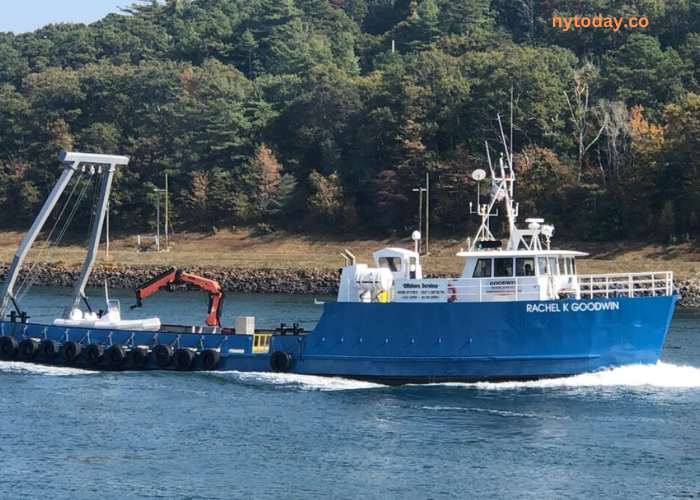Boating is a popular pastime for many, offering a unique blend of adventure, relaxation, and connection with nature. However, the enjoyment of boating doesn’t just start at the water’s edge; it begins with the crucial task of transporting your boat safely and efficiently to your destination. Proper boat transportation is not only essential for the longevity and maintenance of the boat but also for the safety of the boat owner, other road users, and the environment.
Safety First
The primary concern in boat transportation is safety. An improperly secured boat can be a hazard on the road, posing risks of accidents or injuries. Boats that are not adequately strapped down can shift or even come loose during transit, leading to dangerous situations. Ensuring that your boat is securely fastened with appropriate straps and that its weight is evenly distributed on the trailer is paramount.
Legal Compliance
Different regions have specific laws and regulations regarding the transportation of boats. These laws might dictate the maximum size of the boat that can be transported without a special permit, the type of lighting and signage required on the trailer, and the maximum speed at which you can travel. Non-compliance can not only lead to hefty fines but also put you and others at risk.
Protecting Your Investment
Boats are significant investments, and improper transportation can lead to damage, significantly reducing the boat’s value and lifespan. Road vibrations, wind pressure, and debris can cause wear and tear or even significant damage if the boat is not properly secured and protected. Using the right trailer, ensuring it’s in good condition, and using protective covers can help safeguard your boat.
Environmental Considerations
Responsible boat transportation also involves considering the environmental impact. Ensuring that your boat is free of invasive species and pollutants before transporting it to different water bodies is crucial. Invasive species can hitch a ride on your boat and cause ecological damage to new environments. Additionally, ensuring that your boat doesn’t leak oil or fuel during transportation is vital for environmental protection.
Efficiency and Convenience
Properly transporting your boat also means considering the most efficient and convenient methods. This includes choosing the right vehicle for towing, understanding the best routes to take (especially when dealing with oversized loads), and being aware of the weather conditions. Efficient transportation saves time, reduces fuel consumption, and minimizes wear and tear on both your vehicle and the boat. Boat movers provide a service that can handle all these aspects, offering convenience and peace of mind.
Tips for Proper Boat Transportation
- Choose the Right Trailer: Ensure your trailer is suitable for the size and weight of your boat.
- Regular Maintenance: Regularly check your trailer for any wear and tear, especially the tires, brakes, and lights.
- Secure Your Boat: Use quality straps to secure your boat to the trailer, and check that it’s evenly balanced.
- Legal Requirements: Familiarize yourself with the legal requirements for boat transportation in your area.
- Protective Measures: Use protective covers to shield your boat from debris and weather elements during transit.
- Environmental Checks: Clean your boat thoroughly to prevent the spread of invasive species and check for any leaks.
- Plan Your Route: Choose a route that accommodates the size of your load and check weather conditions.
Conclusion:
Transporting your boat properly is a critical aspect of boat ownership. It ensures safety, compliance with legal standards, protection of your investment, and environmental responsibility. By following best practices and being mindful of the details involved in boat transportation, you can ensure that your boating experiences are enjoyable, safe, and environmentally friendly from start to finish.





